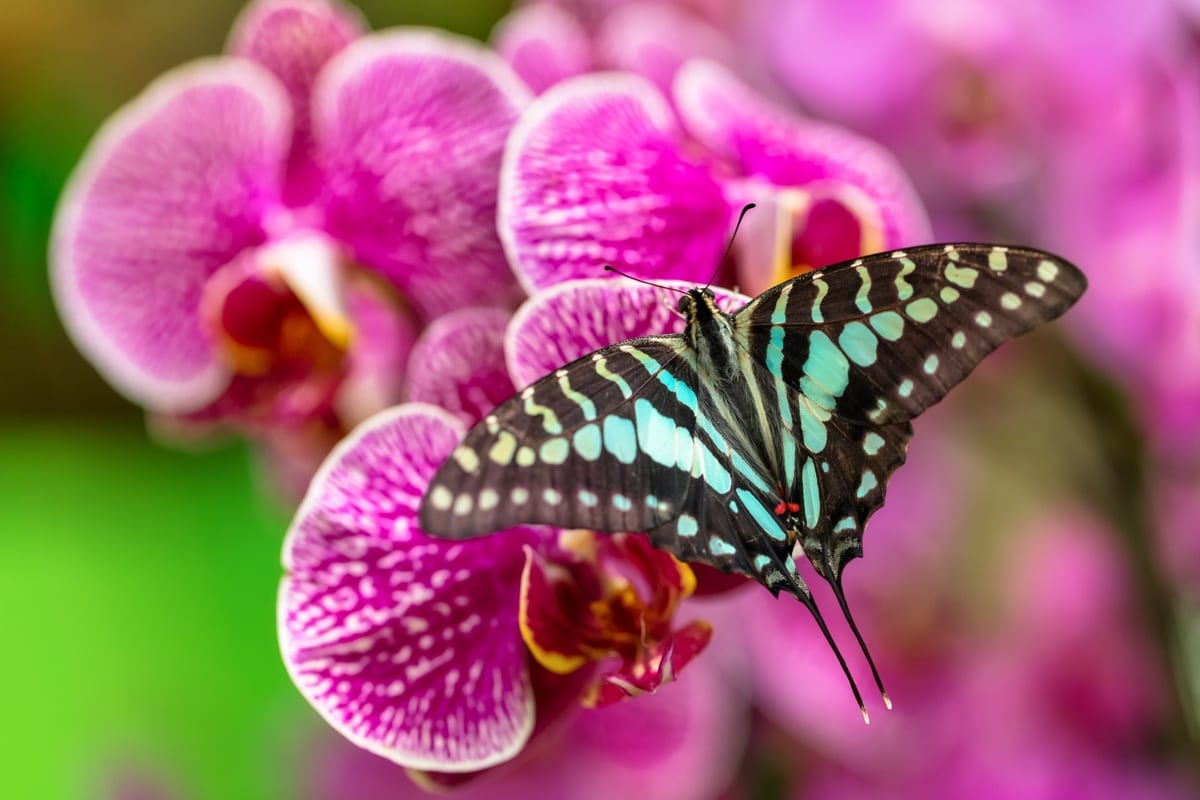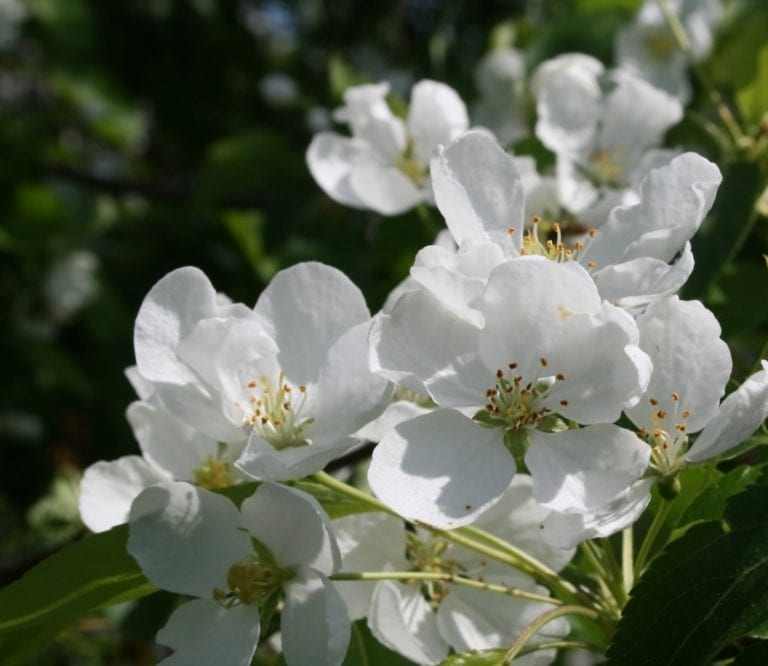I taught a workshop the other day and was keenly aware of the importance and power of presence as it affects not only ourselves but the space and people around us. This professional workshop focused on helping clients become more grounded and have the ability to re-center after becoming activated. As we all came together for the day, I could feel the qualities of our combined presence and found myself emphasizing the presence of the practitioner as the main element in any healing process.
On a more general note, I’m also always aware of the importance and power of presence as we move through our everyday lives. There isn’t a moment that we aren’t radiating the qualities of our personal and collective presence, and our personal presence inevitably impacts not only our own experience but that of everyone we encounter along the way.
This got me to thinking of the ways in which we can become more mindful of the qualities of our personal presence, and of the importance of being able to notice when we radiate negative or hurtful qualities and need to make available the choice to reorient ourselves and “dial in” a different mood state, quality of consciousness, or focus of our attention.
Read More “758th Week: The Importance and Power of Presence”



